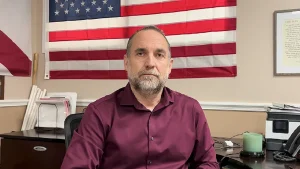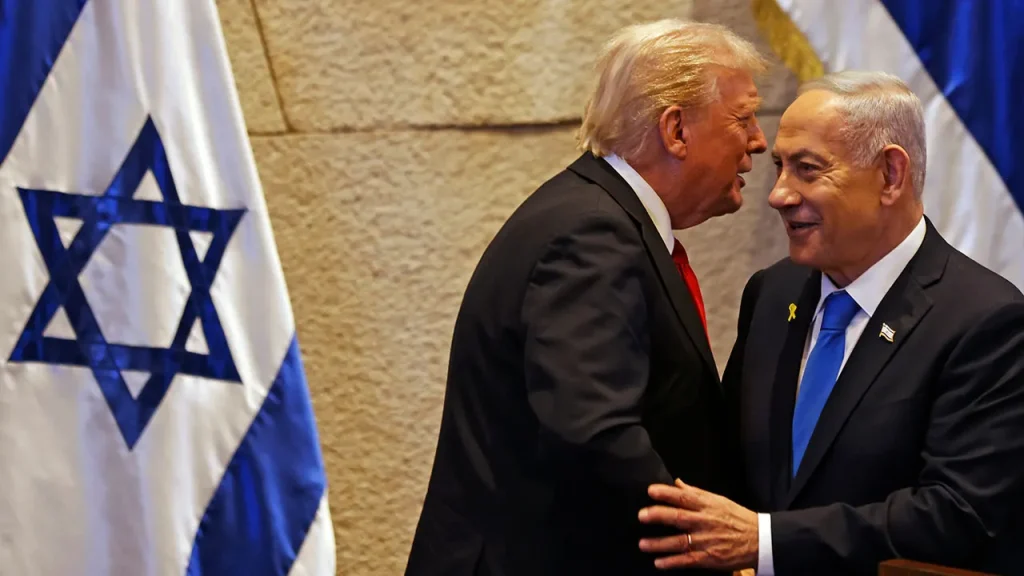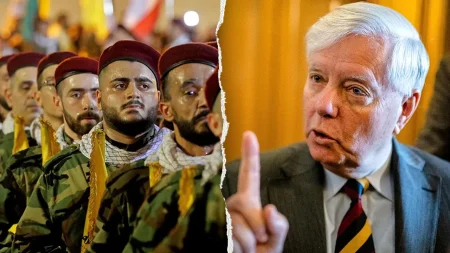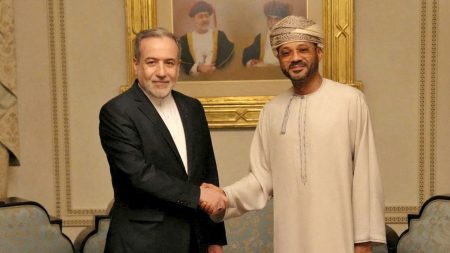Trump’s Call for Netanyahu Pardon Highlights Complex Israeli Political Landscape
In a bold move that sent ripples through Israeli politics, President Donald Trump addressed the Israeli parliament on Monday, openly calling for Prime Minister Benjamin Netanyahu to receive a pardon from his ongoing legal troubles. During his hour-long speech to the Knesset, Trump displayed his characteristic mix of blunt commentary and personal diplomacy, suggesting to Israeli President Isaac Herzog, “Hey, I have an idea, Mr. President – why don’t you give him a pardon?” The suggestion prompted a standing ovation from many lawmakers present, underscoring the polarized nature of Israeli politics at this critical juncture. Trump’s remarks were particularly noteworthy given Netanyahu’s 2019 indictment on charges including bribery, fraud, and breach of trust – accusations the Prime Minister has consistently denied. The timing of Trump’s suggestion coincided with the recent return of twenty living hostages from Gaza, a development that could potentially influence Netanyahu’s political standing after months of declining public support.
Trump’s address revealed the complex web of relationships he maintains across Israeli political divisions. While firmly endorsing Netanyahu, calling him “the only prime minister who’s able to stand up,” Trump simultaneously acknowledged their occasionally challenging relationship, remarking that Netanyahu is “not the easiest guy to deal with, but that’s what makes him great.” In a moment that drew laughter from the chamber, Trump also extended warm words toward Opposition leader Yair Lapid, describing him as “a very nice opposition leader.” This diplomatic balancing act continued as Trump suggested that Netanyahu could now “be a little bit nicer because you’re not at war anymore,” a comment that touched on the Prime Minister’s notoriously tough negotiating style. Throughout his speech, Trump promised continued support for Jerusalem unless “somebody that’s really stupid gets into office and wants to do really bad things,” an apparent reference to potential political changes in Israel’s future.
The backdrop of Trump’s address reveals a precarious political reality for Netanyahu, whose coalition lost its parliamentary majority earlier this year amid widespread criticism of his Gaza military strategy and the protracted hostage situation. Many Israelis have expressed frustration over the length of time it took to recover hostages, some of whom remain in Gaza, along with the bodies of many who died in captivity. Netanyahu’s political future hangs in the balance, with speculation growing about the possibility of early elections. Trump’s endorsement arrives at this pivotal moment, potentially offering Netanyahu a lifeline as he navigates both legal challenges and declining public confidence. Whether the recent hostage return will significantly rehabilitate Netanyahu’s standing or convince political opponents to consider dropping the charges against him remains an open question with significant implications for Israeli governance.
The session itself highlighted the deep divisions within Israeli politics, as two left-wing parliament members, Aymen Odeh and Ofer Cassif, were swiftly expelled from the chamber at the beginning of Trump’s address for displaying signs reading “Genocide” and “Recognize Palestine.” Trump commented on the efficiency of their removal, a moment that underscored the tension surrounding Israel’s military operations in Gaza. However, these views appear to represent only one segment of the opposition, as Lapid himself had earlier contradicted such characterizations, stating, “The truth is, there was no genocide, no intentional starvation.” These contrasting perspectives within the opposition demonstrate the complex political terrain Netanyahu must navigate, where criticism comes from multiple directions and with varying intensity.
Trump’s address to the Knesset coincided with what he described as “the golden age of the Middle East,” a reference to the diplomatic breakthroughs achieved during his presidency, particularly the Abraham Accords that normalized relations between Israel and several Arab nations. His continued involvement in Israeli politics reflects his deep investment in the region’s stability and his personal relationships with key figures across the political spectrum. The timing of his visit – hours after hostages returned home – added emotional weight to his remarks and positioned him as a steady ally during a period of transition and uncertainty. Trump’s willingness to wade into Israeli domestic politics, particularly regarding Netanyahu’s legal troubles, demonstrates his characteristic approach to international diplomacy, where personal relationships often take precedence over institutional conventions.
The reception of Trump’s speech reflected the polarized nature of Israeli politics at this moment of national reckoning. While many Knesset members responded with a standing ovation to his suggestion of a pardon for Netanyahu, others remained seated or were notably absent from the chamber. The swift removal of dissenting voices at the start of the session highlighted the parliament’s determination to present a unified front to their American visitor, despite the underlying tensions. As Israel contemplates its next steps following the return of hostages and amid ongoing military operations, Trump’s intervention adds another layer to an already complex political equation. Whether his endorsement will strengthen Netanyahu’s position or further galvanize his opponents remains to be seen, but what’s clear is that Israel stands at a crossroads where leadership, accountability, and the path forward remain hotly contested questions with far-reaching implications for both domestic politics and regional stability.















